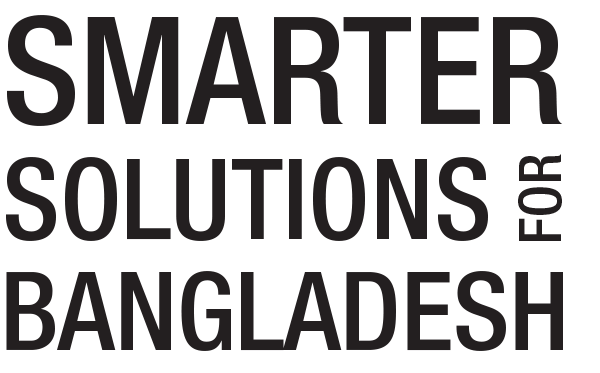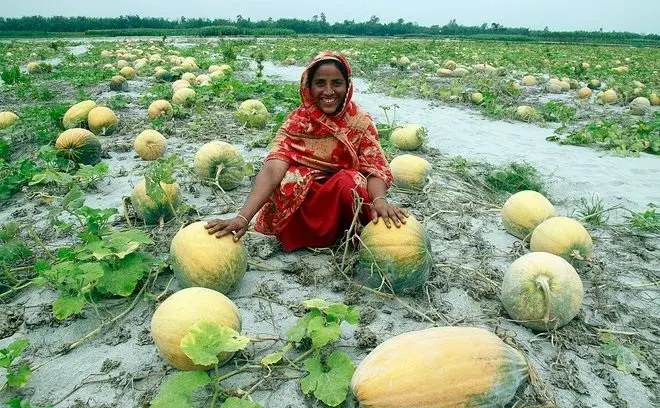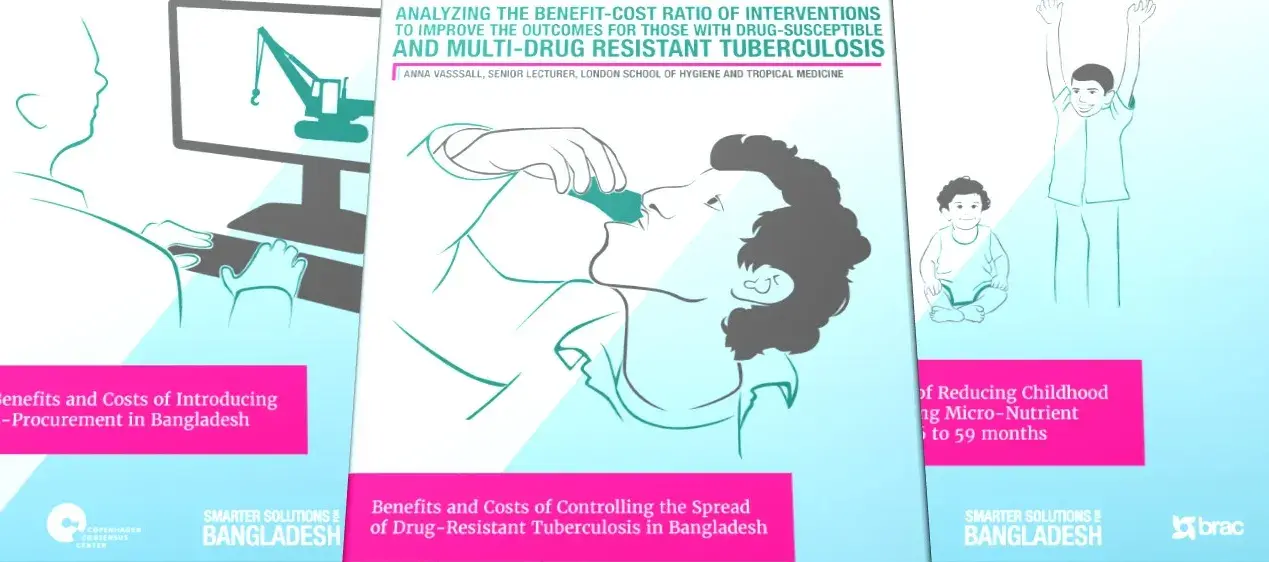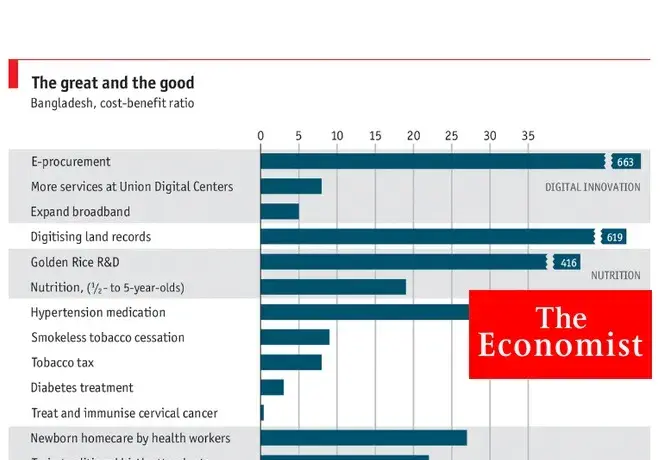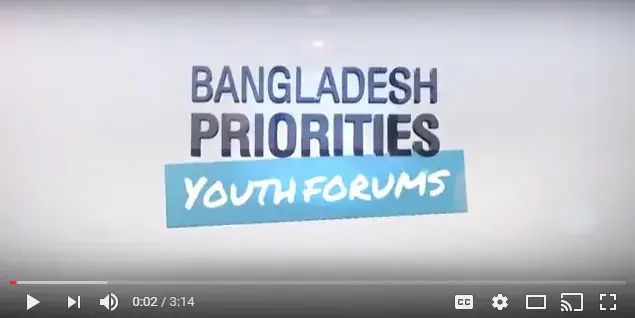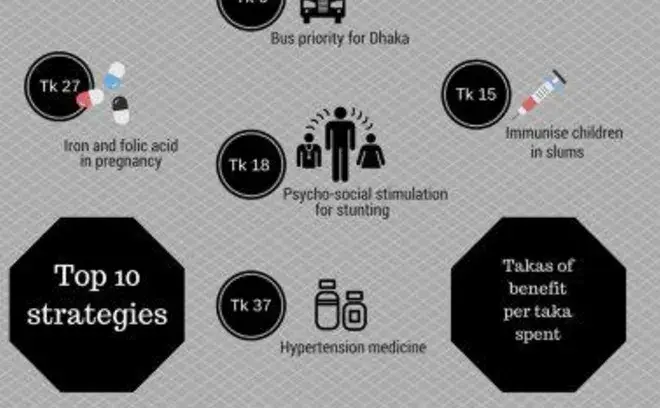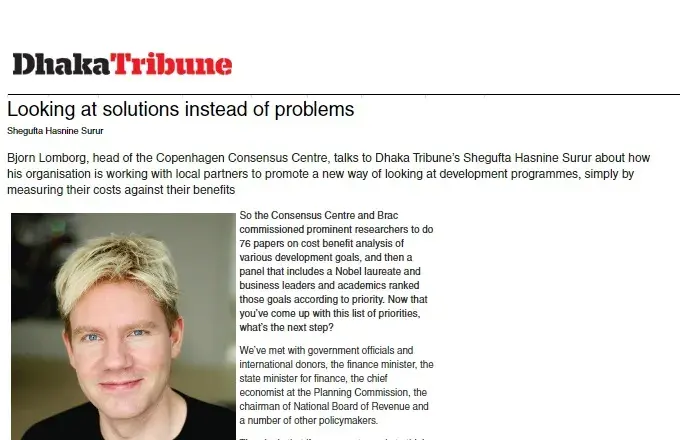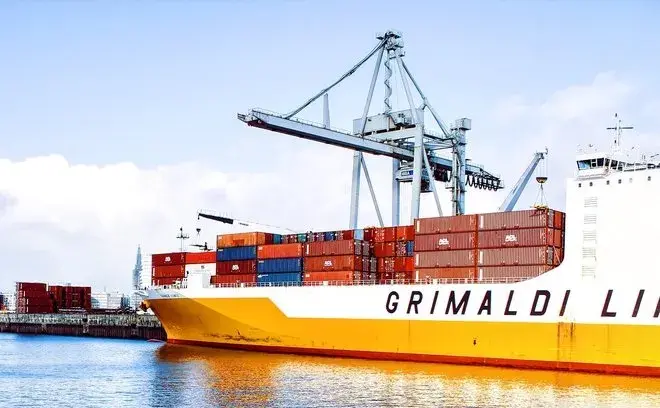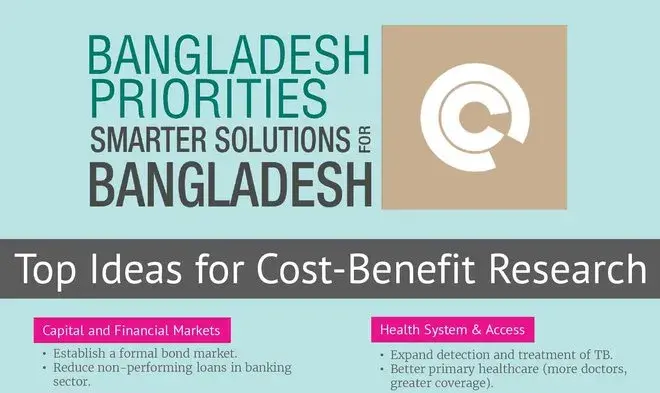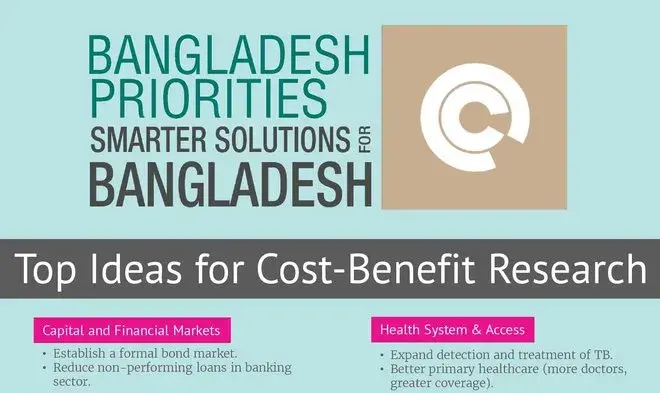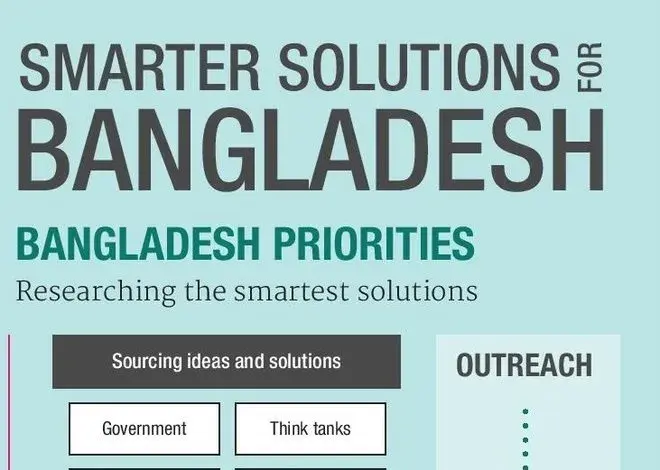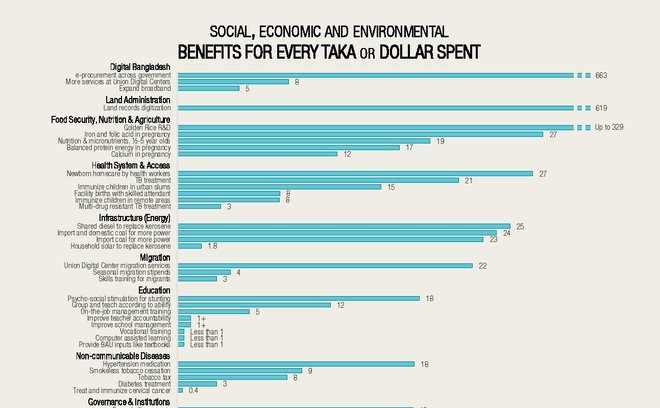Bangladesh Priorities
Smarter Solutions for Bangladesh
Bangladesh has made strong progress over recent years, halving poverty and growing the economy by about 6 percent each year. But, like every country, challenges remain. But what should be the top priorities for policy makers, international donors, NGOs and businesses?
With limited resources and time, it is crucial that focus is informed by what will do the most good for each taka spent. The Bangladesh Priorities project has worked closely with stakeholders across Bangladesh to find, analyze, rank and disseminate the best solutions for the country.
We've engaged Bangladeshis from all parts of society, through readers of newspapers, listeners to radio and TV viewers, along with NGOs, decision makers, sector experts and businesses to identify the best solutions. We've commissioned some of the best economists from Bangladesh, the region and the world to calculate the social, environmental and economic costs and benefits of these proposals.
Here you can find what those economists came up with: all the research and plain-language summaries to inform your own views on priorities for Bangladesh's future. But you can also see how others have answered the question of how to best boost Bangladesh – including an Eminent Panel including a Nobel Laureate and forums held in Bangladeshi rural communities.
And the ongoing impact of this work is in the implementation of these smart researched interventions. Read the latest about our continuing work for smart solutions in Bangladesh.
There are many well-intentioned policy interventions. But some are more immediate and perhaps important than others. The Copenhagen Consensus project for Bangladesh can help inform a discussion on identifying the best options for the country's future"
- Dr. Mushtaque Chowdhury, Vice-Chairperson and Interim Executive Director, BRAC
In a hurry? Download the one-page overview of all cost-benefit research results here. For background download the process overview here, and sign up for our newsletter here.
Making Government Smarter
Bjorn Lomborg discusses the Bangladesh Priorities project in the September/October issue of Foreign Affairs.
The Bangladesh Priorities project has been funded by the C&A Foundation, an affiliate of the Dutch fashion company C&A, with help from the Swedish International Development Cooperaton Agency and the Danish embassy in Dhaka. We worked with all the major players in Bangladesh to assess what kinds of spending (both for the government’s $30 billion annual budget and for the $3 billion in development aid given by outside organizations) would do the most good for the country. The results were startling: they showed that major gains in national well-being could be achieved simply by rearranging budgets to favor policies with high returns on investment."
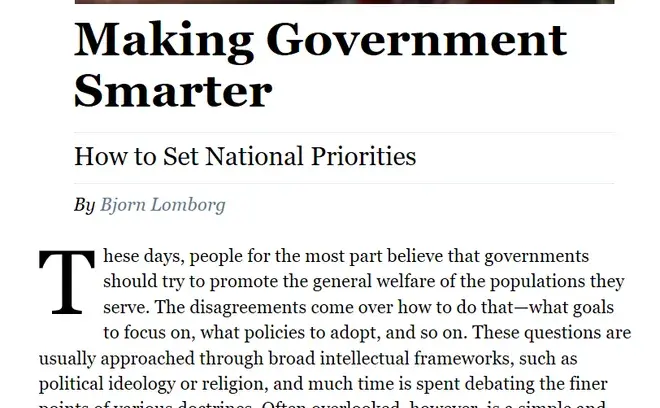
The Top Priorities for Bangladesh
One-in-eleven deaths could be averted; billions of takas saved.
An eminent panel including a Nobel laureate economist and Bangladeshi economic experts announced a prioritized list of investments that would produce phenomenal benefits for Bangladesh.
Investment in tuberculosis treatment, infant nutrition, and e-Government solutions top their list, which was created following the Copenhagen Consensus framework to identify areas with the biggest returns to society.
Copenhagen Consensus Center director Dr. Bjorn Lomborg said:
Over five years, spending just 1% of the Bangladeshi budget on smarter policies could make Bangladesh Tk 3.7 trillion better off. And development agencies could achieve US$4 billion more, if just 1% of their spending was better allocated.”
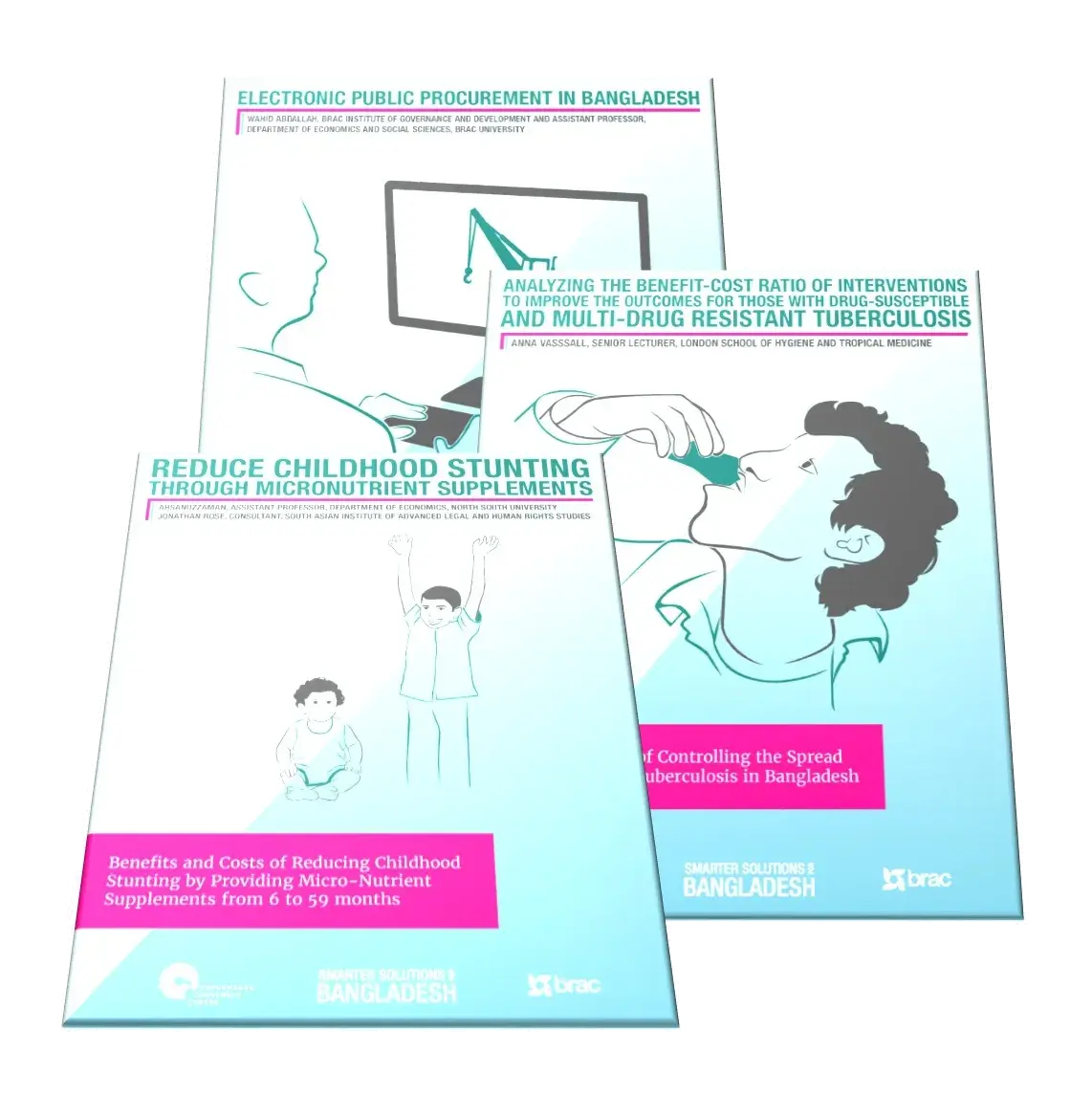
The Process
First, we listened. We organized ideas roundtable meetings to solicit inputs from local experts about the smartest solutions for Bangladesh. We heard more than 1,000 ideas on how to help the country.
Then, we researched. We asked leading international and Bangladeshi economists to examine the most promising solutions in their fields, producing more than 1,100 pages of new research that we stress-tested in review roundtables meetings, and then published and presented in Bangladesh’s leading newspapers.
Finally, we scrutinized and compared the proposed interventions. Applying limited resources to unlimited problems means prioritizing—finding the policies that do the most good. At our 2015 Dhaka conference, we asked an Eminent Panel of economists and development experts to analyze the proposals, and identify the smartest investments.
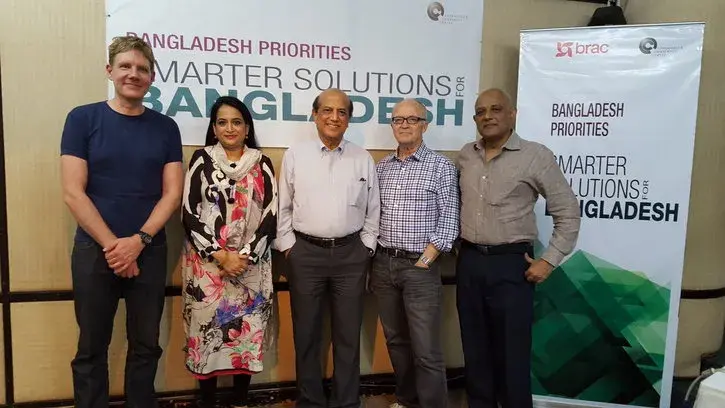
The Research
Bangladesh Priorities research explored 76 solutions to help Bangladesh, covering themes from poverty and health to education, infrastructure and gender equality. In total, more than 1,100+ pages of groundbreaking, made-for-Bangladesh research were written by leading local and international economists.
The Economist devoted an article to this new research and the 76 solutions our economists analyzed. Some investments are phenomenal, producing as much as 663 taka of social benefit for every taka spent, while others do less than one taka of good for every dollar spent.
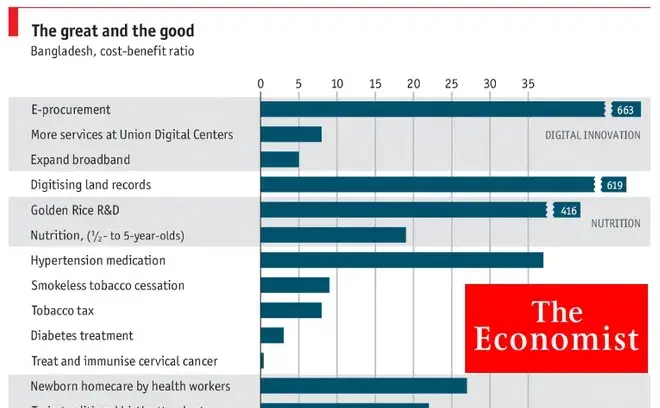
How would you prioritize?
With the publication of each research paper we released a Facebook poll so you can make your voice heard.
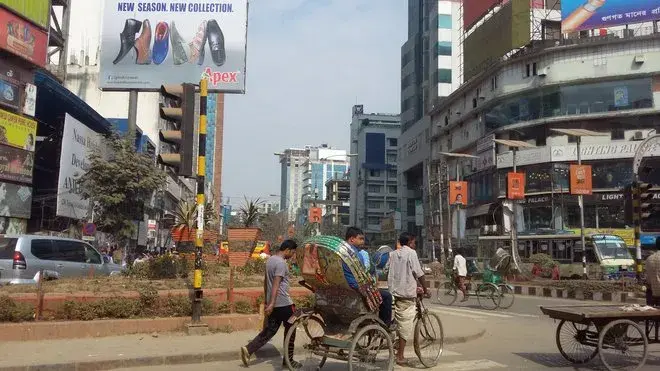
BRAC Research Evaluation Division
Copenhagen Consensus is proud to collaborate with BRAC's Research and Evaluation Division. BRAC RED is a multi-disciplinary independent unit within BRAC that provides an analytical basis for programmatic decisions, and undertakes studies. BRAC is a development organization dedicated to alleviating poverty by empowering the poor.


